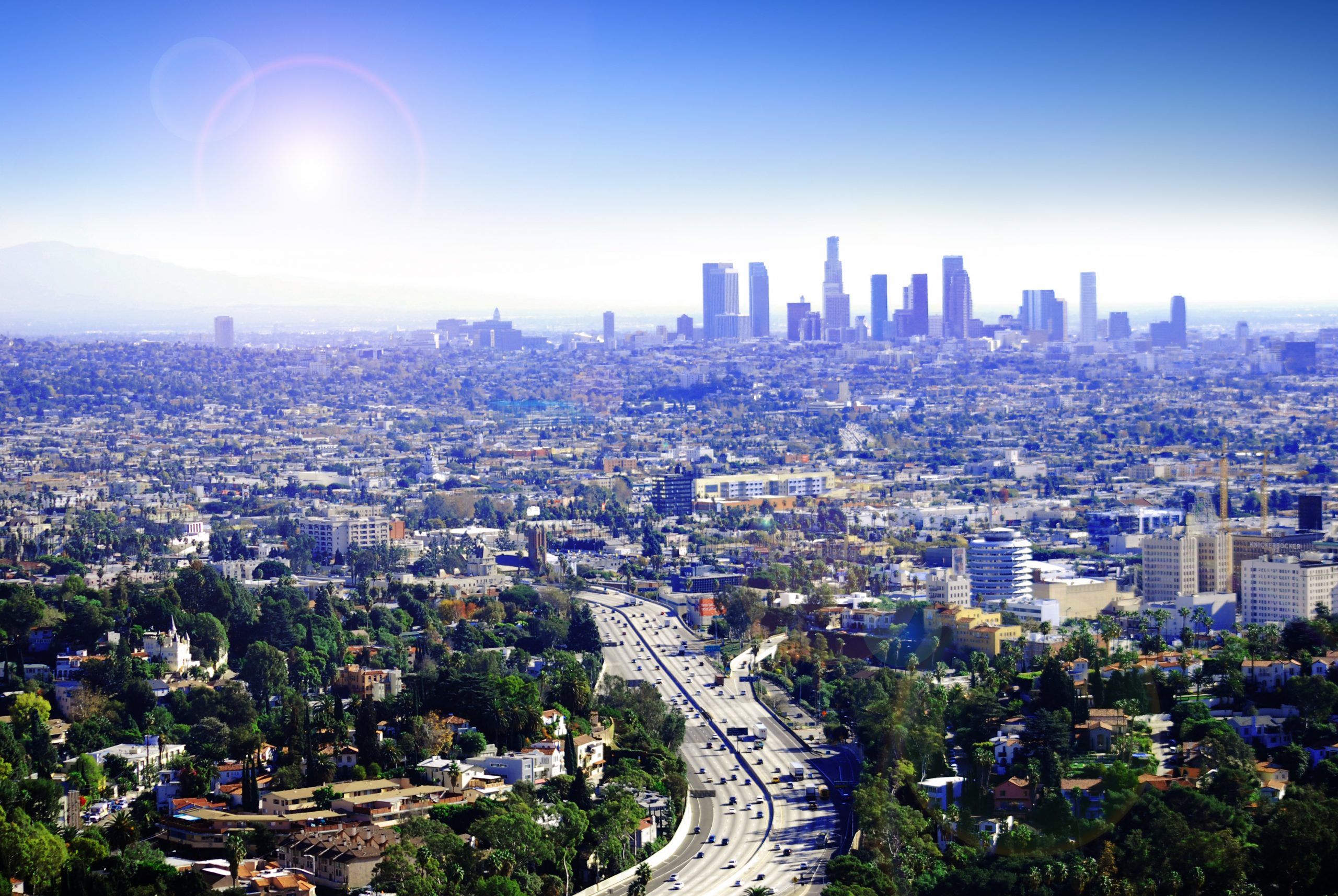“Eight hours of work, eight of leisure, eight of sleep” was the slogan coined in Australia in 1855 and proposed by the First International in Geneva in 1866. May 1st festivity comes from a moment of international intense fight of all workers, in asserting their rights and improve their condition, on the whole, the working time.
The struggle for the eight hours saw American workers, who paid a very high price, especially committed.
During the fighting in Chicago in the first days of May of 1886, known as “the revolt of Haymarket”, some strikers and policemen lost their lives and a violent wave of repression, a trail of violence toward the end of the nineteenth century and beyond, started.
In Europe, the socialist delegates of the Second International Meeting in Paris in 1889 declared May 1, International Workers’ Day, with these words: “a big demonstration will be organized for a date, so that simultaneously in all countries and in all cities, on the same day, the workers will ask the public authorities to reduce the working day to eight hours…”
Thus the tradition of the first day of May began, but it was only on May 1st, 1919 that metalworkers and other categories of Italian workers could celebrate the achievement of the eight working hours.
Fascism, deeming it subversive, suppressed the recurrence and replaced it with the Festa del Lavoro Italiano in coincidence with the founding of Rome, il Natale di Roma, which was celebrated on April 21st.
Restored after the fall of Fascism, May 1st knew other moments of violence, especially the Portella della Ginestra massacre in 1947, when Salvatore Giuliano and his band killed poor peasants fighting against the latifondismo.
Today, May 1st in Italy, in the profound crisis of our days, seems to have abandoned the traditional form of celebration, a day of rest and feast to return to being an occasion on which the workers’s voices can be heard. The recurrence seems to have recovered themes that, at least in their urgency, it was believed to have delivered throughout history.
May 1st is not just an excuse to attend a free concert anymore, join a picnic, ride a bike or engage in talk more or less rhetorical, it means bring up subjects and topics of high importance for the old country: work that just isn’t there, jobs that are missing, especially for the younger generations, insecurity, employment regulations that are increasingly abstract for a world of workers everyday more differentiated and crushed, in which people feel abandoned. The crisis of the Union is precisely the failure of the left wing connected to it.
This is a May 1st that poses enormous problems: disputes are on fire; debates are always open but little to nowhere conclusive, the solutions are improbable; the unions’s unity is a Linus’s blanket that is getting always shorter and shorter, perched around words that do not get the new generations excited or passionate, apart from big free concerts more or less successful and a Piazza San Giovanni more or less crowded.




























